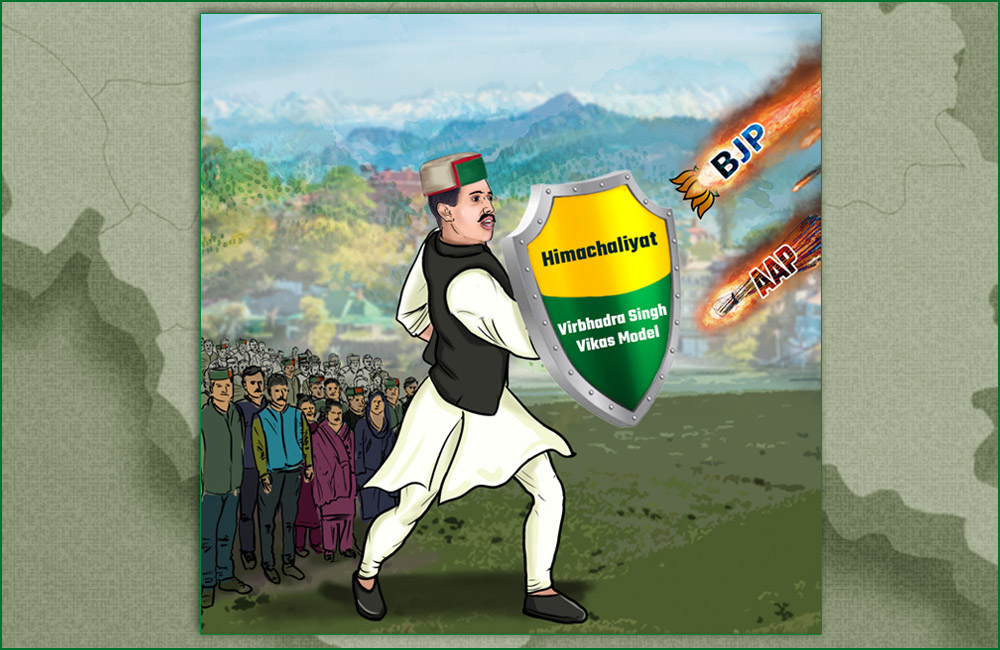A compilation of offerings from our Sapan network, including my latest venture Sapan News syndicated features. Together, we aim to further the narrative of regionalism, peace, and dialogue. What can you do? Read on

Delighted to have acclaimed actor and director Sarmad Khoosat join us Sunday July 16 for Sapan’s first fundraiser, hosted by poet Dr Arvinder Chamak in Amritsar. Sarmad will be in conversation with the wonderful journalists Malinda Seneviratne in Colombo, Mandira Nayar in Delhi; and Lubna Jerar in Karachi.
Watch: Sarmad Khoosat LIVE |… on Facebook | … on YouTube
Continue readingFiled under: Art and activism, Culture, Freedom of expression, History, Human rights, Pakistan, Pakistan-India, Southasia | Tagged: #JusticeforFaisal, Cambridge police shooting, colonial era artifacts being returned, harmonium solo, I kick and I fly book, journalists, joyland, kamli, Lubna Jerar, malinda Seneviratne, mandira nayar, pakistan cinema, pakistani films, race and justice, ruchira gupta, Sapan, sapan news, sarmad khoosat, south asia, Southasia, Sri Lanka, trafficking women | 1 Comment »












